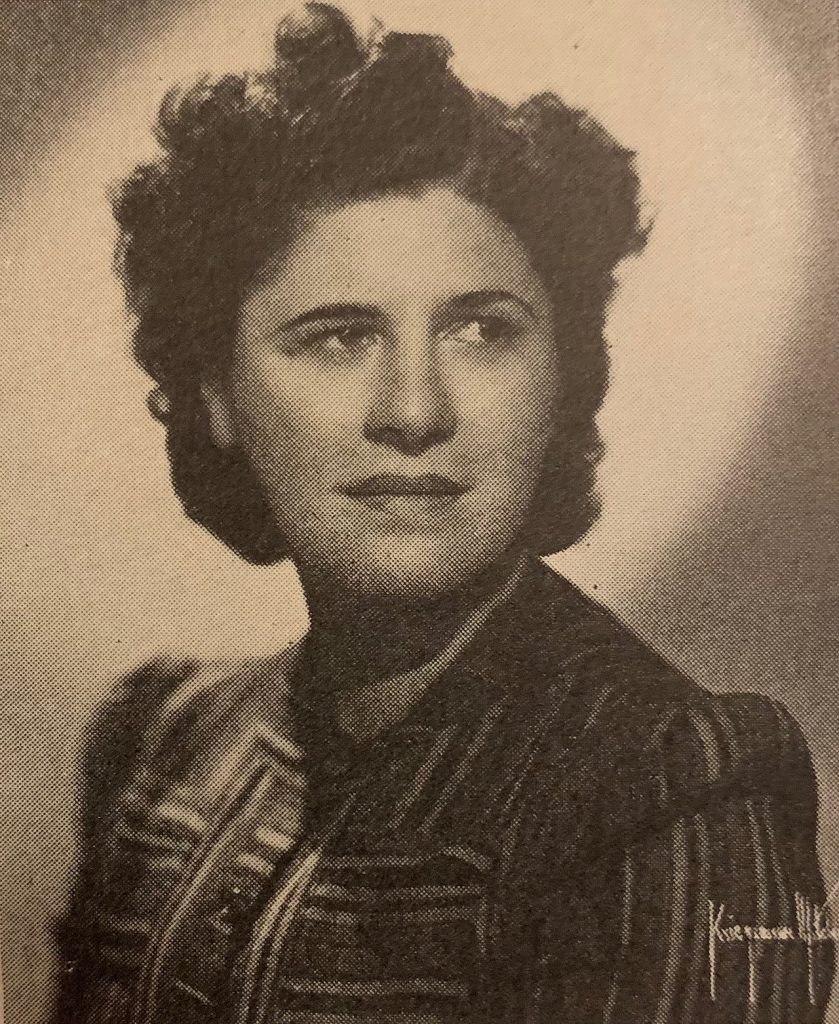
In many sectors of the music industry, from production to the C-suite, women continue to fight hard to get the recognition and respect they deserve.
And, though this situation is changing and there are more women than ever holding roles of importance throughout the industry, the business still strongly skews male.
One of the exceptions to the inequality between men and women in music is music supervision.
Some of the most successful and high-profile music supervisors are female, and today, on International Women’s Day, we’d like to celebrate every single woman in music supervision.
And, rather than trying to name-check all my friends and all the women I admire in music supervision, for International Women’s Day, I’d like to share with you the story of the first music supervisor who paved the way for all of us, a woman named Ottalie Mark.
I didn’t know Ottalie’s story myself until a conversation two days ago with my friend Keith D’Arcy, the SVP of Sync and Creative Services at Warner Chappel Music. Keith has been researching and chronicling Ottalie’s story, and I am honored he took the time to help me discover the story of this amazing woman who was first in music supervision.
And what a story it is. Ottalie was born in NYC in 1896 as the first daughter of Russian immigrants, attended NYU Prep, got a pre-law degree from NYU, served in the Navy in WW I, and only then embarked on her career in music.
Post-war, Ottalie took a job at New York’s Capitol Theatre as secretary to both the theatre’s head of publicity Martha Wilchinski and its musical director, Ernö Rapée. As part of her work with Rapée, Ottalie worked as a cueing assistant, rehearsing with the musicians in the orchestra the cues they needed to “sync” to the action on-screen taking place the silent films shown at the theater at that time.
Then, in 1925, Ottalie joined the Warner Theater as assistant to their musical director, Herman Heller and helped pioneer Warner’s usage of Western Electric’s Vitaphone system, which provide the sound for motion pictures via separate LP discs that “synced up” with film visuals.
The first films that utilized Vitaphone include Don Juan (1926) and The Jazz Singer (1927). And, it was at this point that Ottalie realized that the business was changing from using live orchestras to one where the sound will be pre-recorded.
And, so seeing the writing on the wall – or in this place hearing the sound on the platter, Ottalie adapted to the new reality and new technology. And after the Warner Theater was sued for lacking a license for one of the songs used in Don Juan, Ottalie was tasked by Heller to build a database of licensable (syncable) songs that she pre-cleared the rights from with their publishers, creating the first sync licensing catalog of all time.
Then in 1929, Ottalie took her skills to Western Electric when she was recruited by the company to be the head of music rights for their subsidiary Electrical Research Products, where she struck and administered five-year pre-clearance deals with major publishers (The Mills Agreement) for usage of their rights in exchange of a flat fee.
It was this initial development of a database of syncable publishing rights and the pre-clearance of publishing rights by Ottalie that helped build the foundation of today’s global music supervision industry and forge a path for all music supervisors.
From there, Ottalie went back to NY in 1933, where she set up a music rights consultancy, then worked with BMI as their first head of copyright research, pursued a law degree, got married, set up an entertainment law practice with her husband and worked as a composer and lyricist until the 1970s.
Ottalie Mark passed away in 1979 at the age of 83, and throughout her life, she left a nowadays unsung but certainly indelible mark on the world of music supervision, in many ways building the foundation of our business.
To her, and to every female music supervisor and to all women in music, Happy International Women’s Day!

